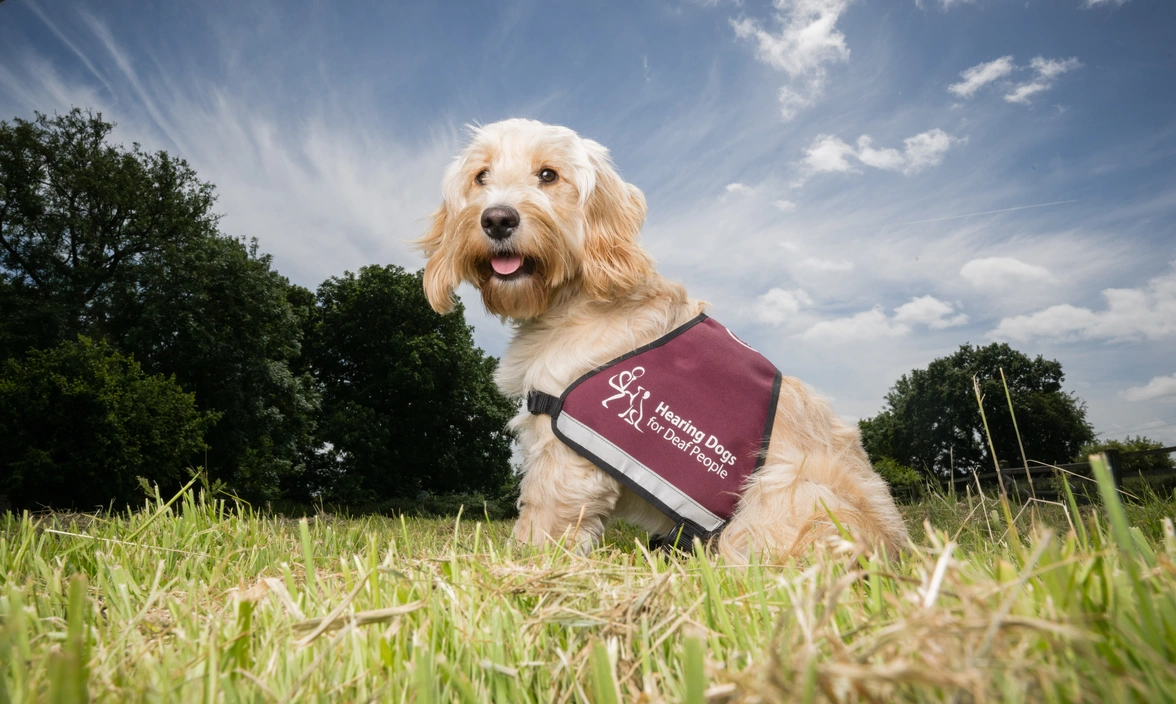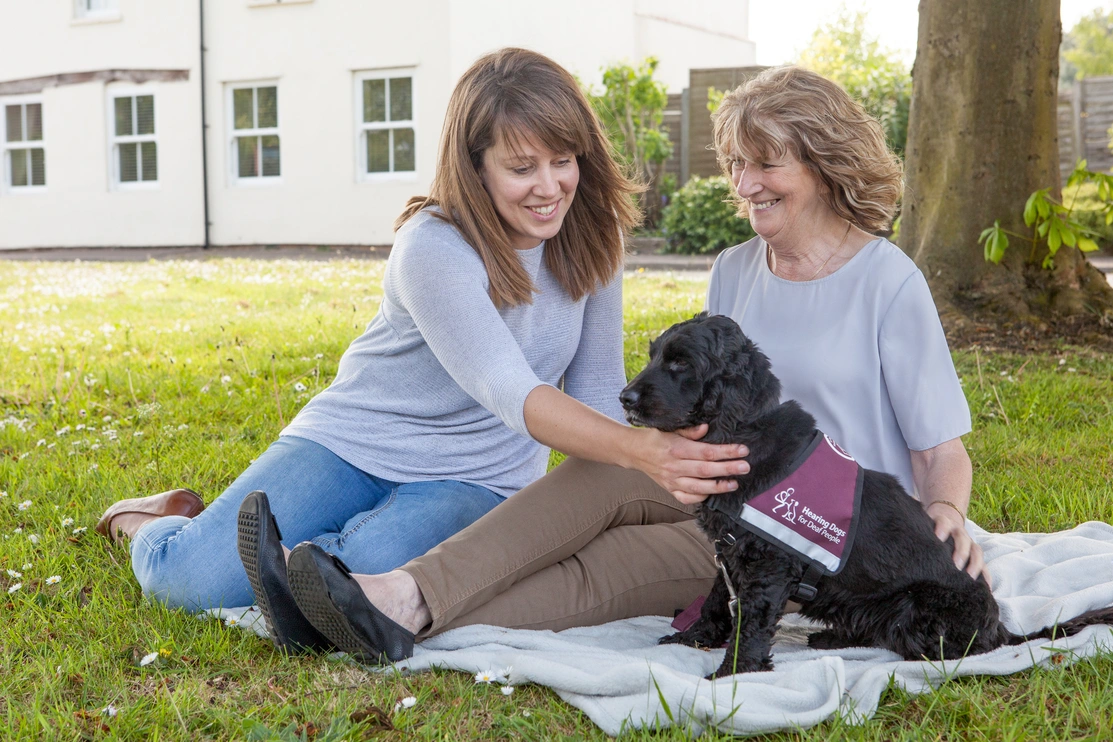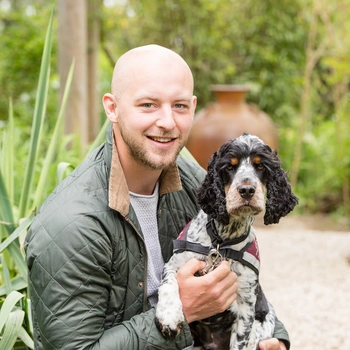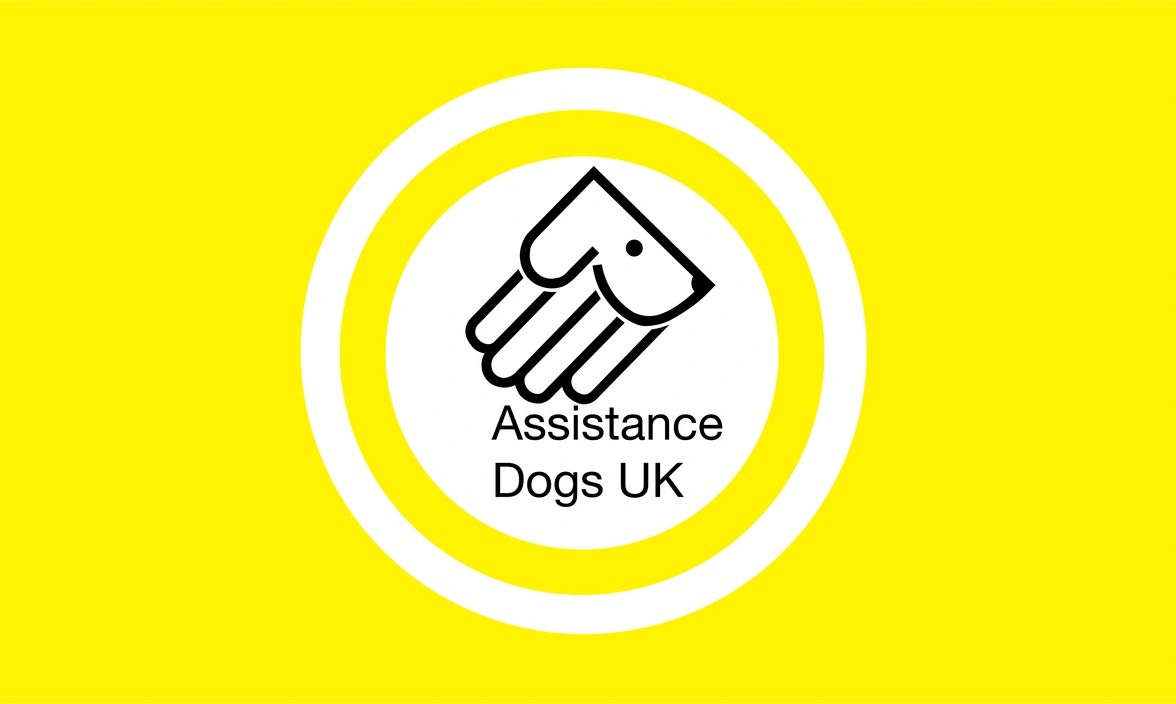Ground-breaking study shows hearing dogs significantly improve the lives of deaf people
A study by the University of York into the impacts hearing dogs have on the lives of deaf people has found they significantly improve wellbeing, mental health, and independence, and reduce social isolation and fearfulness.
The study is the first ever randomised controlled trial investigating the impact of hearing dogs on people’s lives. It evaluated hearing dog partnerships created and supported by our Charity. The research was funded by the National Institute for Health Research’s School for Social Care Research.
More than 160 people with severe or profound hearing loss who had applied to the Charity for a hearing dog took part in the research.
Life improvements
The study showed that people who had received a hearing dog had significantly better mental well-being, were less dependent on others, and had fewer symptoms of anxiety and depression compared to those in the study still waiting for a hearing dog. They were also significantly less likely to feel isolated and fearful, either in the home or when out and about. In addition, those with a hearing dog had used fewer NHS and social care services.
Professor Bryony Beresford, the study’s Chief Investigator at the University of York, said: “We know that hearing loss can negatively affect many aspects of people’s lives and, for people with severe hearing loss, hearing devices have limited impact. This means we need to know the best ways to support people as they live with hearing loss. This study provides, for the first time, robust evidence on the positive and wide-ranging impacts hearing dogs can make on people’s lives.
“This was a ground-breaking study. No-one has previously used a randomised control trial to evaluate the impacts of hearing dogs on people’s lives, and within the world of assistance dogs more widely, trials are still incredibly rare. What this study has demonstrated is that this sort of research is possible. We would like to acknowledge the commitment of Hearing Dogs for Deaf People to ensuring the trial ran successfully.”




